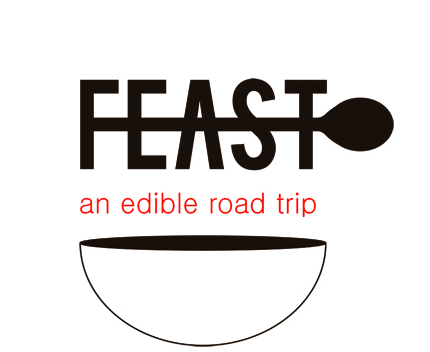Food Bloggers of Canada and FEAST Tweetup #1: Calgary
While we were in Calgary, we attended our first Food Bloggers of Canada Tweetup (#FBCFeast). For those of you wondering, “what the heck is a tweetup?”, don’t worry, you’re not alone. A tweetup is simply a gathering of people who tweet. The Food Bloggers of Canada have arranged for us to meet up with fellow food bloggers as we cross the country, and it’s been a great way to meet new friends and find new food.
